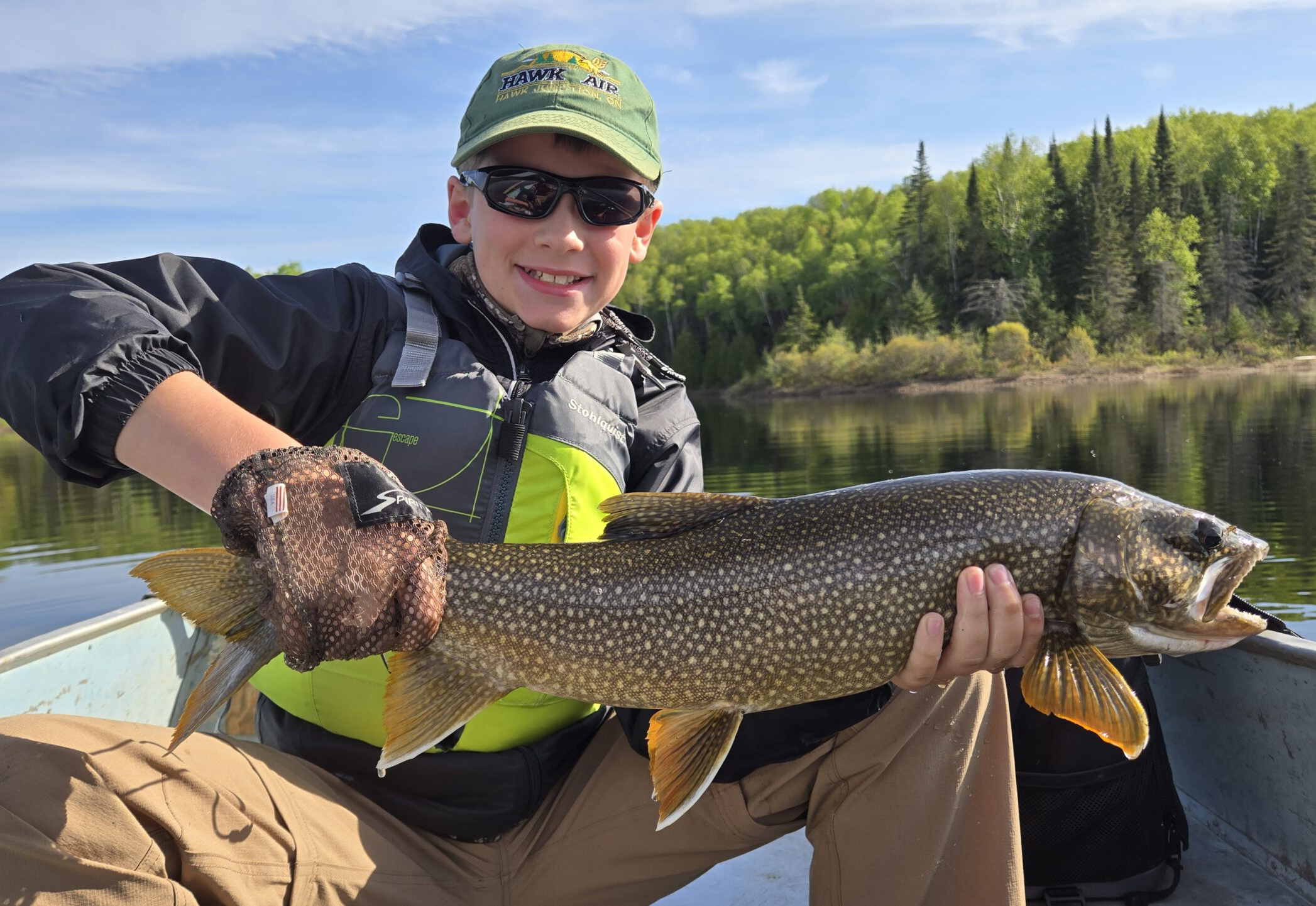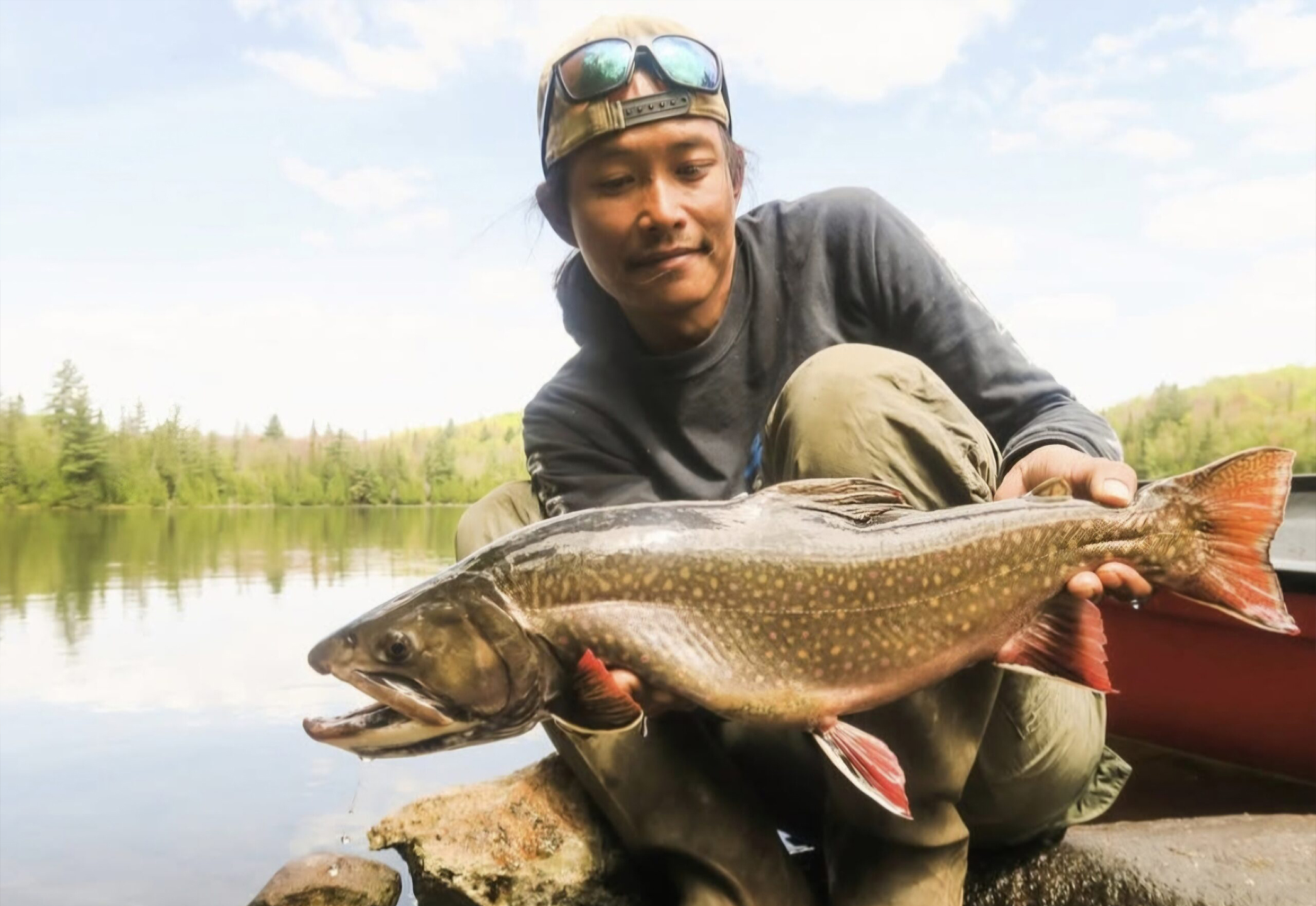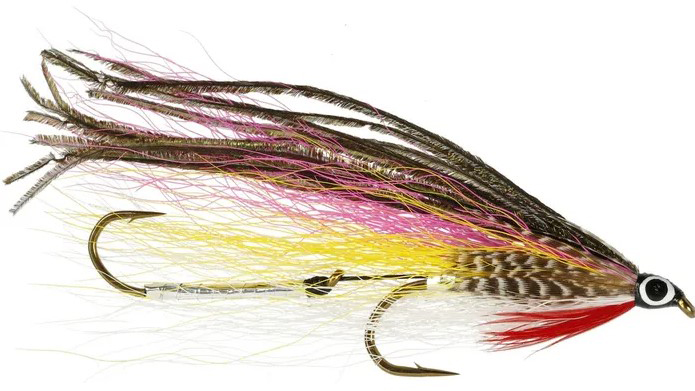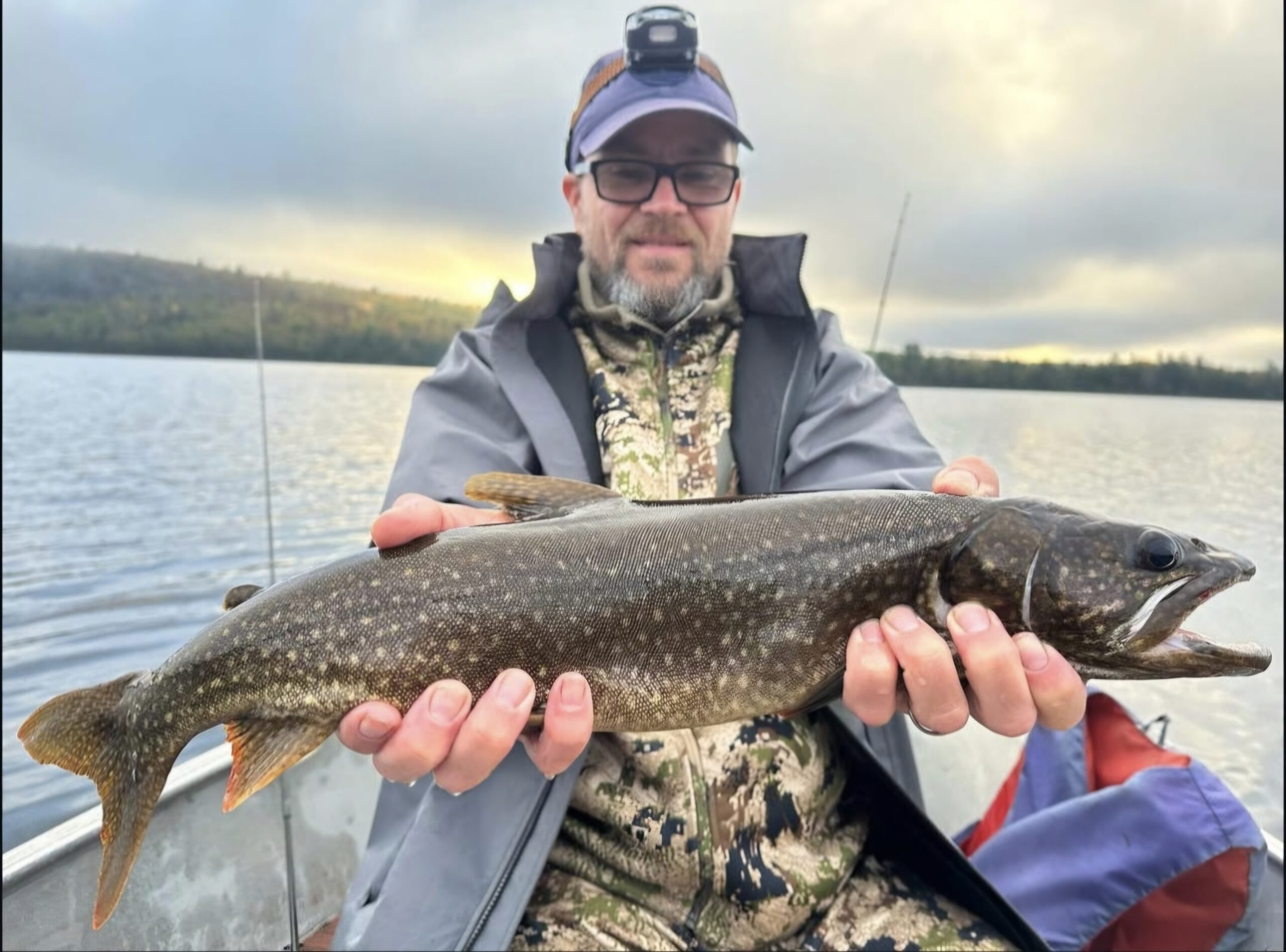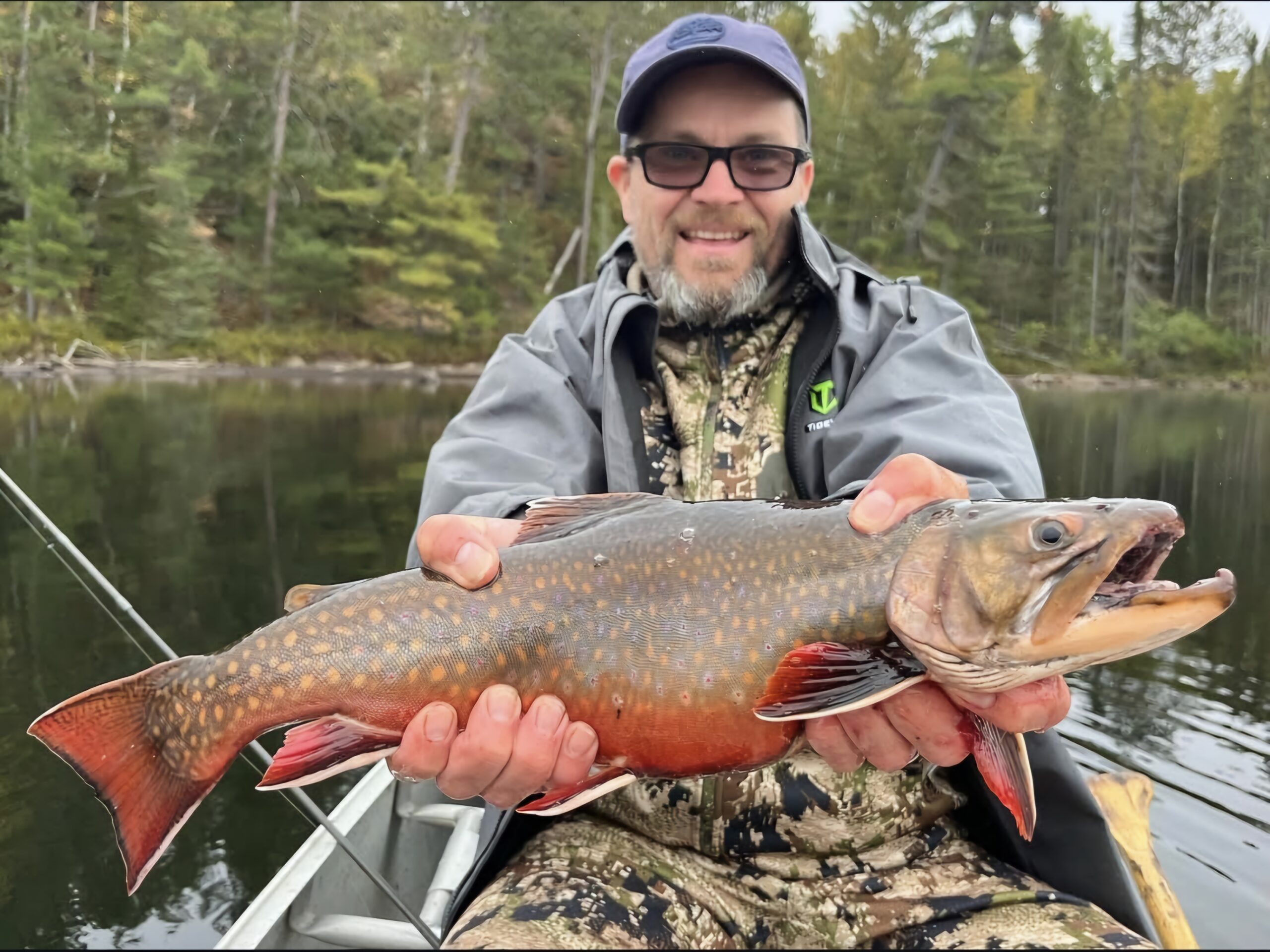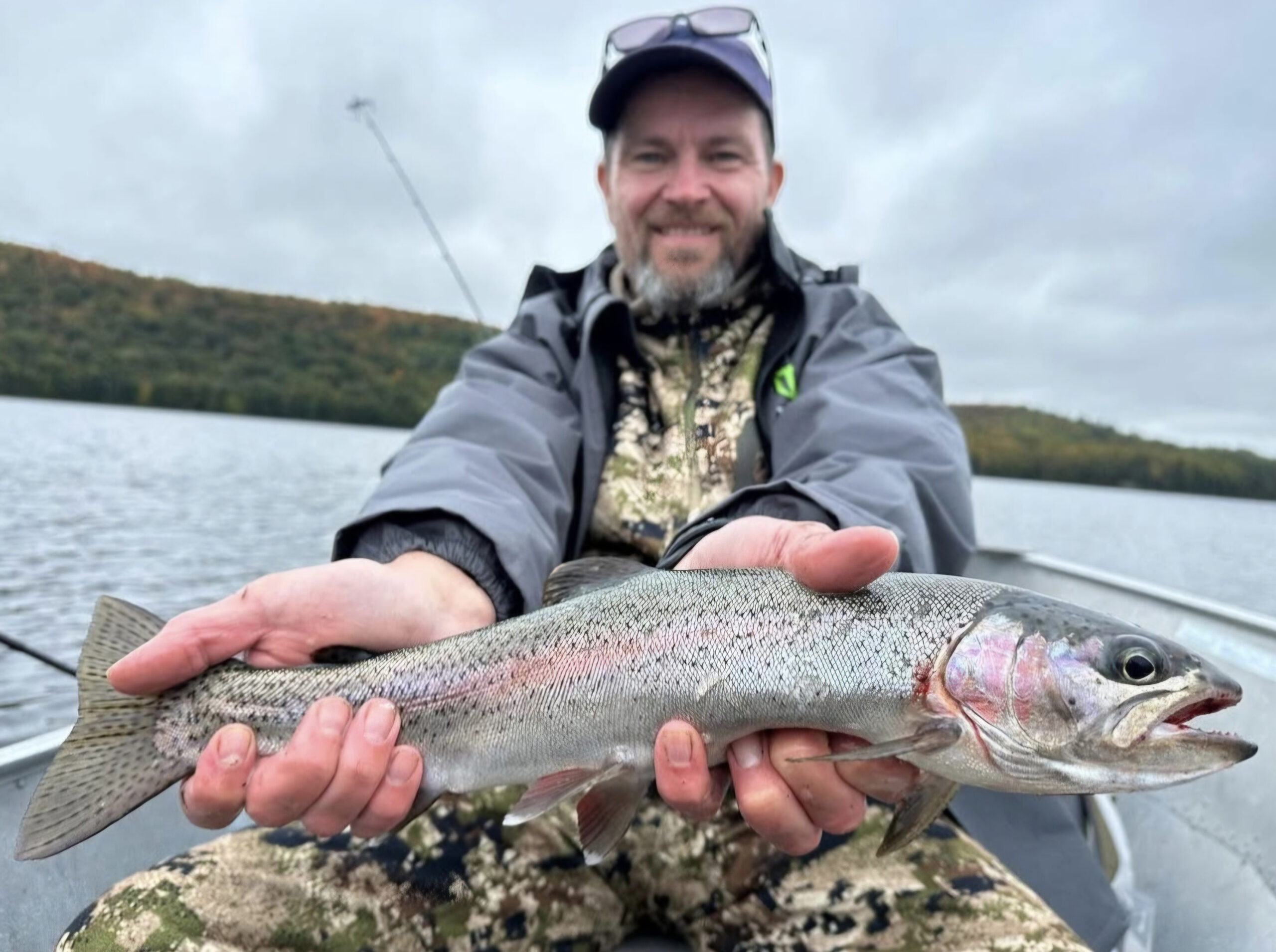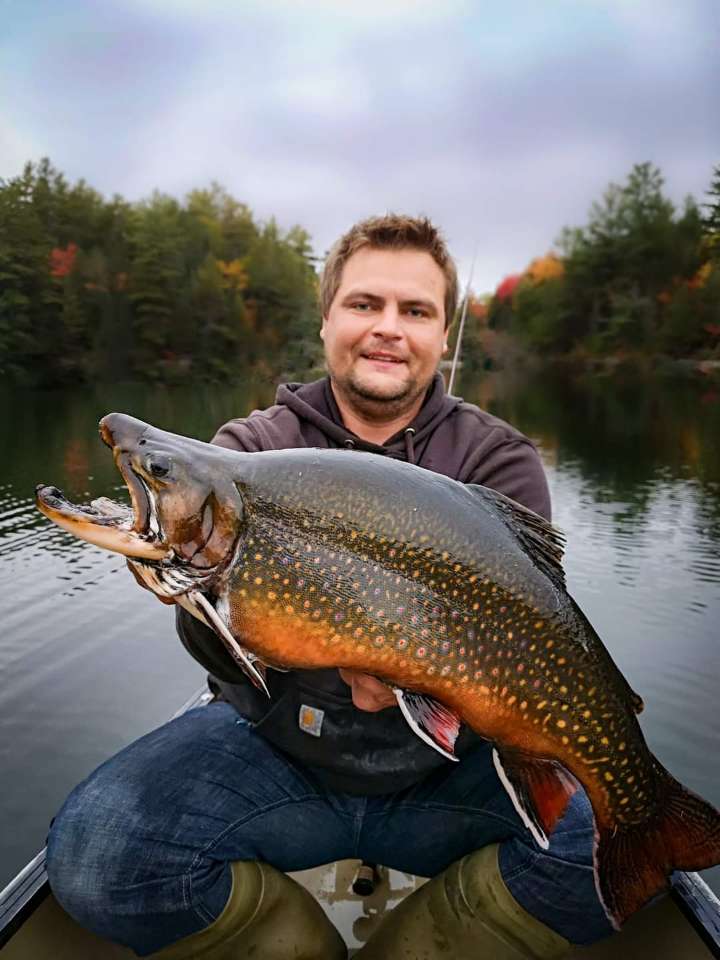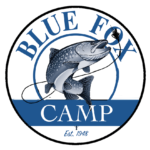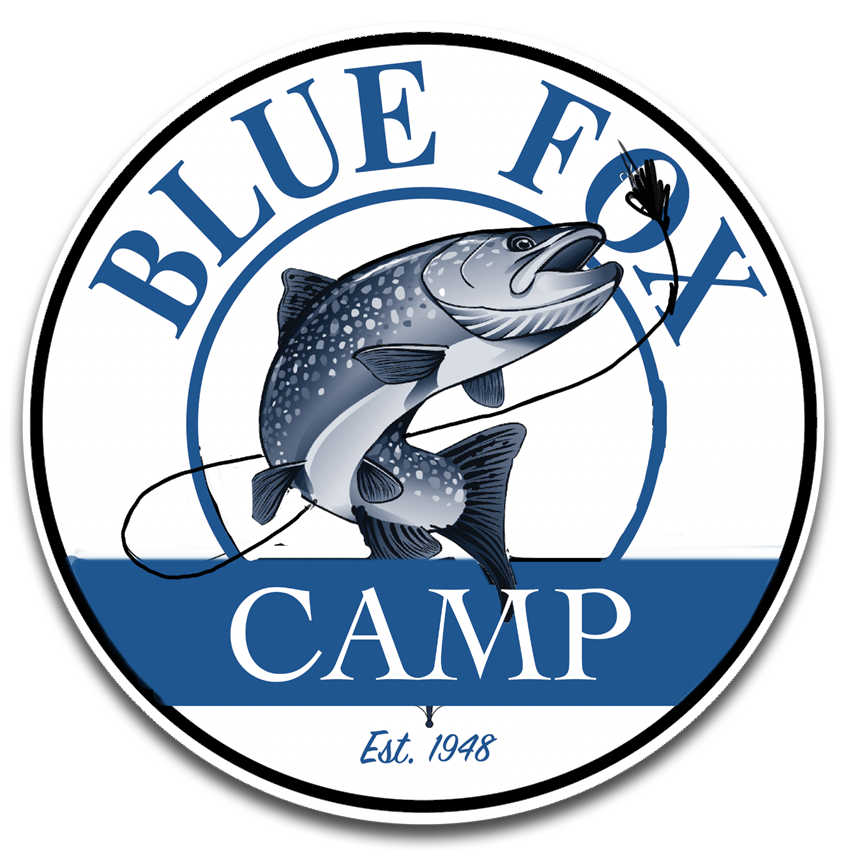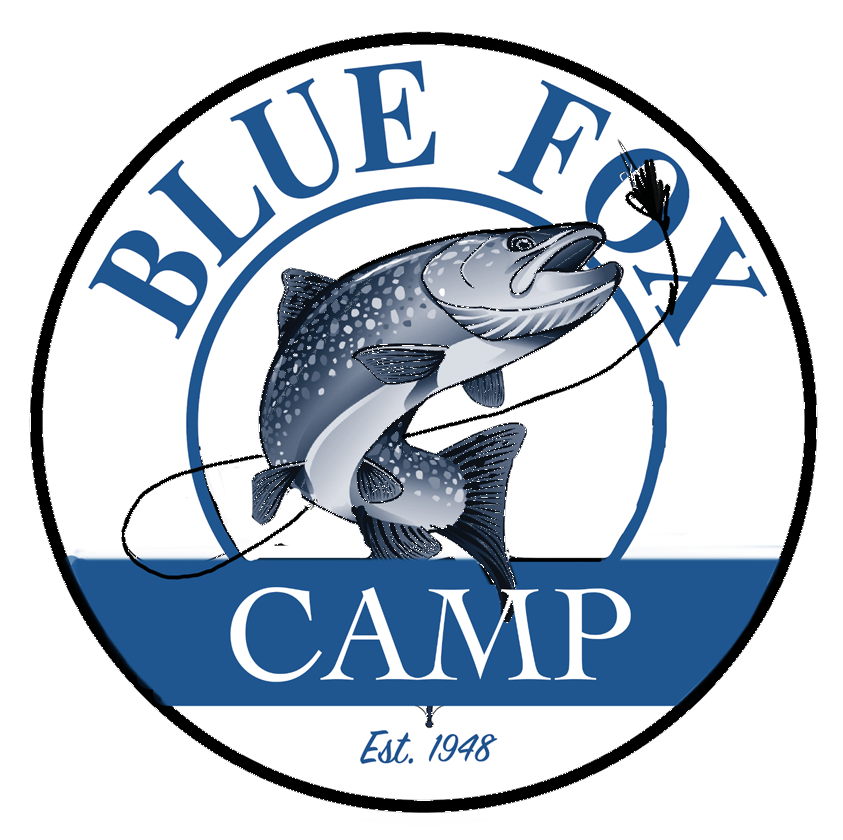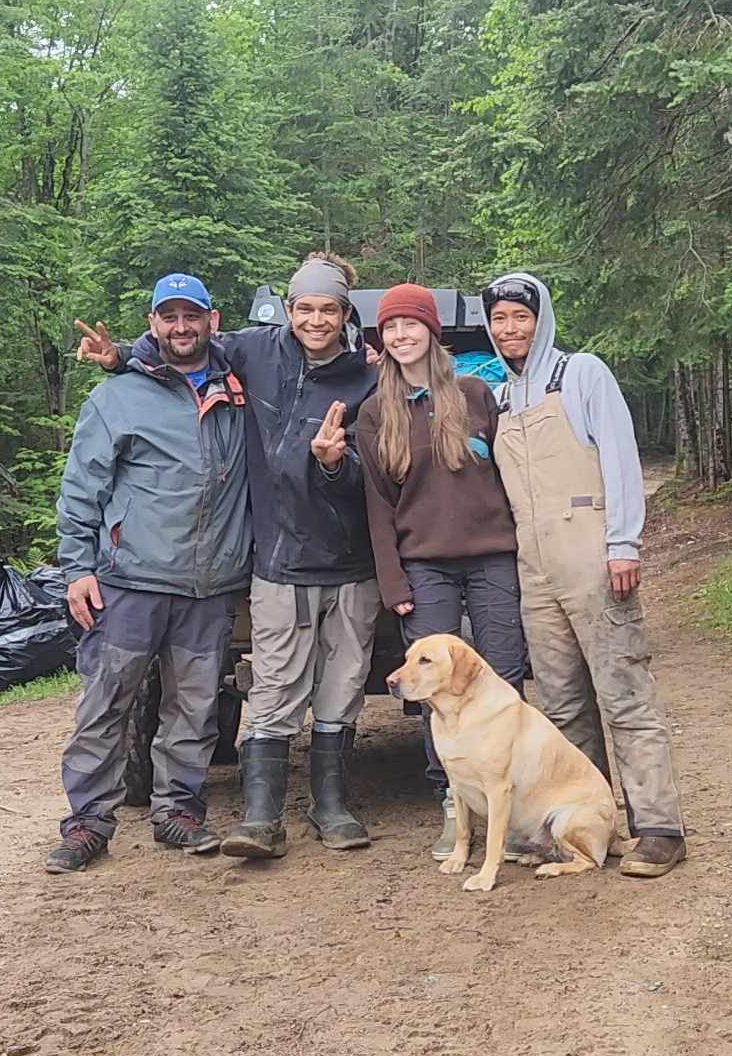Rods - medium action casting rod, medium action trolling rod, #6-#8 fly rod with large arbor reel and full sink fly line.
Weights to fish from 3 feet to 30 feet. Inline chain weights work best for trolling.
Spoons - little cleos, mepps cyclops, pixies, EGBs, williams.
Crankbaits - countdowns, rattling raps, quickfish, flicker shads.
Flies - muddlers, magog smelts, scotty mcfly, red nose dace. Longer profile tandem flies work best for trolling.
Fish finders are not provided. A portable fish finder is recommended for both Main Lake and Back Lake fishing.
Life jackets, rubber landing net and safety gear are provided.
